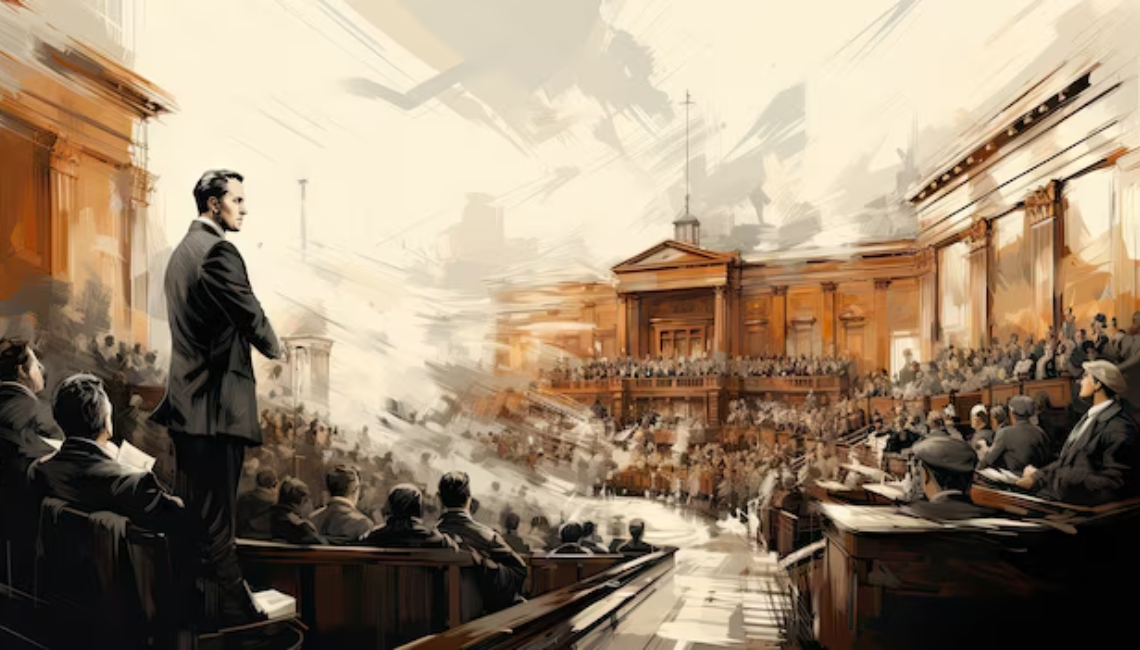The Governor has a special status in the federal system of India since he plays a pivotal role in connecting the Centre and the State. Article 153 of the Constitution states that every state should have a Governor who is the constitutional head. Despite the post being more of a ceremonial one, the discretionary power held by the Governor and the political influence in politics have been subject to controversy on its neutrality, especially in government formation and dissolution of assemblies under Articles 356.
Governor: Constitutional Post and Powers
The Governor works as an executive and as well as discretionary. Under Article 163, they are guided by the recommendation of the Council of Ministers, unless otherwise, they are supposed to take actions in their own unaffected judgment. Key powers include:
-
The appointment of the Chief Minister and other ministers (Article 164)
-
Recalling and assembling the legislature (Article 174)
-
Bills in the Presidential reservation (Article 200)
-
Recommendation of President’s Rule (Article 356)
Although these powers are constitutional, they have often faced judicial review on grounds of pursuing rather blatantly political interests of the Union government.
Judicial Pronouncements on the position of Governor
-
S.R. Bommai v. Union of India (1994)
A case that changed the definition of the abuse of Article 356. The Supreme Court decided that the recommendation of the Governor concerning the President Rule is liable to judicial review. The Court determined that the Governor does not have power to act at will and he has to offer objective material evidence to support his recommendation.
-
Nabam Rebia v. Deputy Speaker (2016)
In this instance of the Arunachal Pradesh, the Court held that the Governor has no interfering power in the legislative affairs, including promoting the assembly sessions without assistance and guidance of the Council of Ministers. The ruling reestablished that the Governor is not allowed to act beyond constitutional boundaries and as a representative of the Centre.
-
Rameshwar Prasad v. Union of India (2006)
One such case connected to the Bihar Assembly dissolution was that the Governor report that resulted in the dissolution was declared unconstitutional. The Court noted that a Governor should be impartial and he should uphold democratic processes.
-
Shamsher Singh v. State of Punjab (1974)
The Court made it clear that the Governor, just as the President is subject to the aid and counsel of the Council of Ministers, with certain exceptions of discretion. This case formed the foundation to know the constitutional boundaries of the powers of the Governor.
Recent Cases and Scandals
In other states such as Maharashtra (2019), Tamil Nadu (2022-23), and West Bengal, Governors were found to be crossing constitutional limits which led to a debate on their roles. Otherwise, the decision of the Governor to order a floor test has been critiqued by the Supreme Court, in the case of Maharashtra (2022), because a call was not an objective material evidence. Equally, the issue of the accountability of the Governor to the elected government has been rekindled in Tamil Nadu because the Governor had taken too long to give consent to bills.
Conclusion
The role of the Governor has remained critical in the process of ensuring balance between the Centre and States as dictated by the constitution. Judicial decisions have upheld over and over again that the Governor is not a servant of the Union, but a constitutional watchdog that is to serve a democratic agenda.







